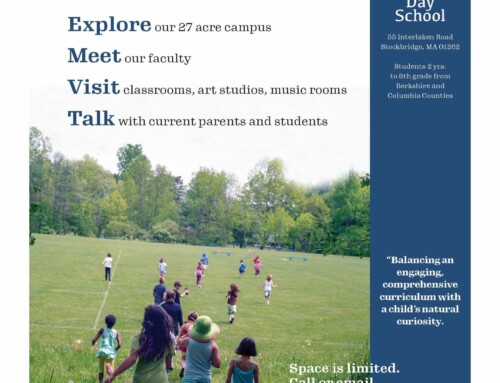I have been thinking about the impact of email communications between individuals at schools and how email now replaces a great deal of quality face to face and telephone communications. Most e-communications at BCD relate to homework questions, school calendar information, family news, and important topics involving students. If you should find yourself composing an email about a sensitive or more significant school matter that is more than three sentences long, I think it is appropriate and a good practice to use email to arrange a personal meeting or time to talk on the phone with the parties you are addressing.
It has been my experience that while email enables individuals to engage in back and forth dialogue, often rapid at times, email can become a problematic forum when parties are sharing complex thoughts, especially when an emotional under-tone is present. It is difficult and/or impossible to interpret every word or nuance in most written communications of an important or sensitive nature. Much can appear ambiguous, and messages can easily be misconstrued. There is no way for the reader to check assumptions, interpret tone, observe nonverbal cues, or seek clarification or reassurances.
According to communication experts Daantje Derks and Arnold Bakker, “The fact that the how things are said part is missing in regular e-mail communication is not without consequences. In fact, this is likely to be a fertile ground for miscommunication and in particular not noticing that miscommunication. Humor and sarcasm, for example, is difficult to properly communicate by e-mail. The misunderstanding is usually that the sender thinks (s)he has sent a clear message, and the receiver does not interpret the message in the way the sender intended it. This can lead to awkward situations, and miscommunication can be a source of stress.”


I agree completely. Thank you for sending this out.
Dear Paul,
Everyone has most likely been on the receiving or sending end of a strong email. We’re all adults and by now have learned that email needs to further analyzed when it’s seemingly overheated – both as sender and recipient.
Daantje and Arnold are communication experts, fer shure! but so are all of us who use language every day to speak to our friends, colleagues, etc, and in this environment, school parents and staff members; limiting email to appointment making, rather than using email to bridge people’s diverse schedules / reach a large group easily / round robin conversations, and all the other things that make email a powerful method of conversation – severely limits communication, which is the opposite of your intent.
To go back to the days before email became the useful tool we know it can be constrains open dialog. I prefer frank exchange with all the messy stuff that sometimes entails; I think it better serves the larger conversation.
Regards,
Ron
I agree, moreover email tends to be read hastily and replied to quickly which can lead to even more mis-communication. A wonderful tool, email is more about efficiency than thoughtful communication.